Publications
Articles, publications, books, tools and multimedia features from the U.S. Institute of Peace provide the latest news, analysis, research findings, practitioner guides and reports, all related to the conflict zones and issues that are at the center of the Institute’s work to prevent and reduce violent conflict.
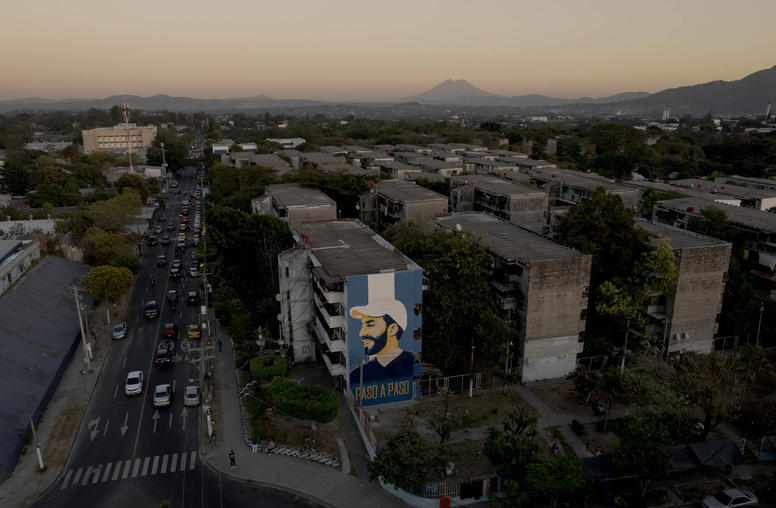
El Salvador’s Bukele: From ‘World’s Coolest Dictator’ to ‘Philosopher King’
El Salvador’s president, Nayib Bukele, celebrated a landslide electoral victory on Feb. 4, far outstripping his nearest competitor. “The opposition was pulverized,” Bukele told jubilant crowds outside the National Palace on election night. In reply to critics who warn that El Salvador is moving toward authoritarianism, he proclaimed, “we are not substituting democracy because El Salvador has never had democracy.” The leader who once called himself the “world’s coolest dictator” now boasts of being his country’s “philosopher king.”
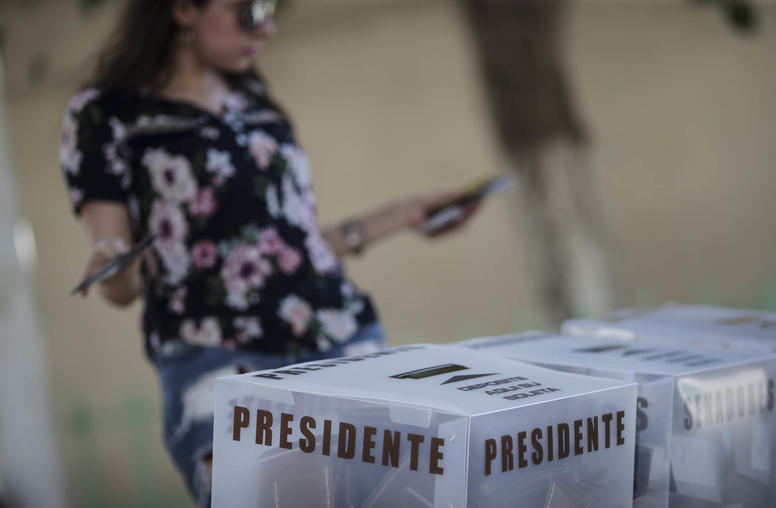
A Preview of 2024 Elections Throughout Latin America
Anti-incumbent sentiment has gripped much of Latin America in recent years, swinging electoral results leftward in Mexico, Colombia, Honduras and Brazil, upending the corrupt coalitions that have long ruled Guatemala, and handing the presidency of Argentina to a self-proclaimed “anarcho-capitalist.” But 2024 may prove to be a good year for establishment politicians. In the five countries with elections on the calendar — El Salvador, Panama, Dominican Republic, Uruguay and Mexico — insider candidates are polling ahead, at least so far.

Un avance sobre las elecciones de 2024 en América Latina
En los últimos años, el sentimiento anti-oficialista se ha apoderado de la mayoría de América Latina, moviendo el péndulo electoral hacia la izquierda en México, Colombia, Honduras y Brasil, trastocando las coaliciones corruptas que durante mucho tiempo han gobernado en Guatemala y entregando la presidencia de Argentina a un autoproclamado "anarcocapitalista". Sin embargo, el 2024 podría resultar ser un buen año para los candidatos del oficialismo. En los cinco países con elecciones este año —El Salvador, Panamá, República Dominicana, Uruguay y México—, los aspirantes de los partidos gobernantes, al menos hasta ahora, encabezan las encuestas.

Mark Feierstein on Venezuela’s Recent Push to Claim Part of Guyana
By intensifying Venezuela’s claim to resource-rich territory in neighboring Guyana, the Maduro regime is “trying to link this international dispute with his own domestic politics” in order to “whip up nationalist sentiment” ahead of 2024 Venezuelan elections, says USIP’s Mark Feierstein.
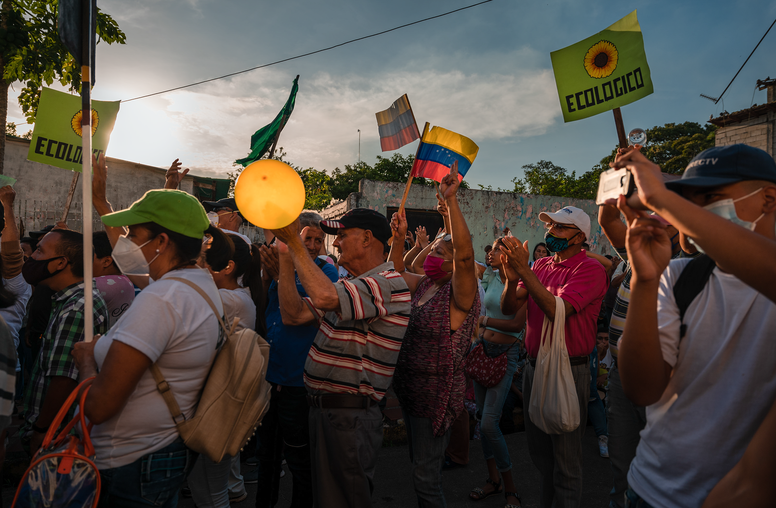
Cautious Hopes for a Breakthrough in Venezuela
Hopes that an election in Venezuela next year might resolve the country’s political divisions and revive a moribund economy have reemerged as the Biden administration and Nicolás Maduro’s regime are reportedly near an agreement to lift some U.S. sanctions in return for steps to hold a fair contest in 2024. Still, considering recent history, skepticism abounds among the international community that the authoritarian government would allow an opposition candidate to win the election and take office.
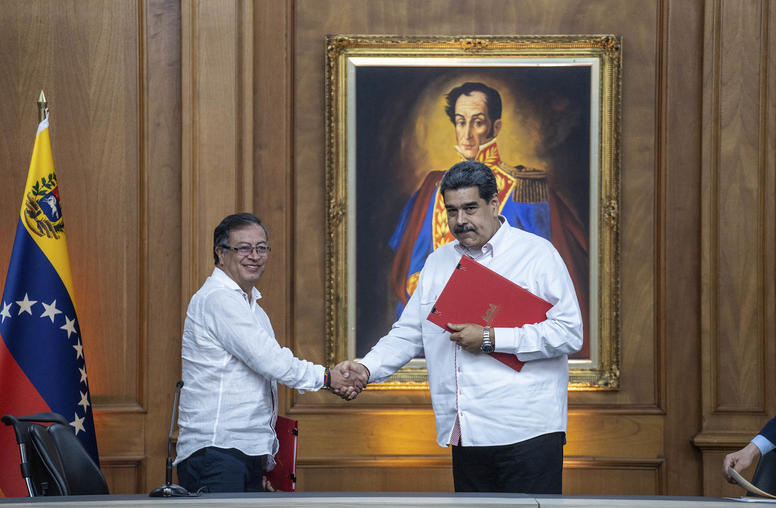
Brazil and Colombia Need to Step Up on Venezuela’s Crisis
Developments in Venezuela over the past few weeks have provided reason for both deep pessimism and guarded hope that the country’s presidential election next year could help resolve its political crisis and advance a democratic transition.
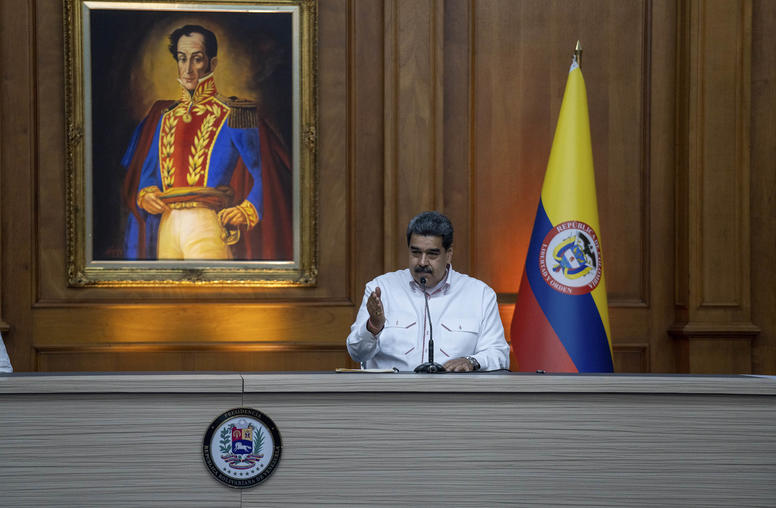
A Bipartisan U.S. Approach on Venezuela Is Possible — and Necessary
Despite divided government in Washington, there is ample room for bipartisan action on U.S. foreign policy. Countering China and buttressing Ukraine against Russia top the list, but the foremost opportunity for Republicans and Democrats to work together may be in Venezuela, where presidential elections next year offer the best chance in years for a democratic opening.

Un enfoque bipartidista estadounidense sobre Venezuela es posible – y necesario
A pesar del gobierno dividido en Washington (ejecutivo demócrata y legislativo republicano), hay un amplio espacio para la acción bipartidista en la política exterior de Estados Unidos. Hacerle control a los avances de China y apoyar a Ucrania contra Rusia encabezan la lista, pero la principal oportunidad para que republicanos y demócratas trabajen juntos puede estar en Venezuela, donde las elecciones presidenciales del próximo año ofrecen la mejor oportunidad en años para una apertura democrática.
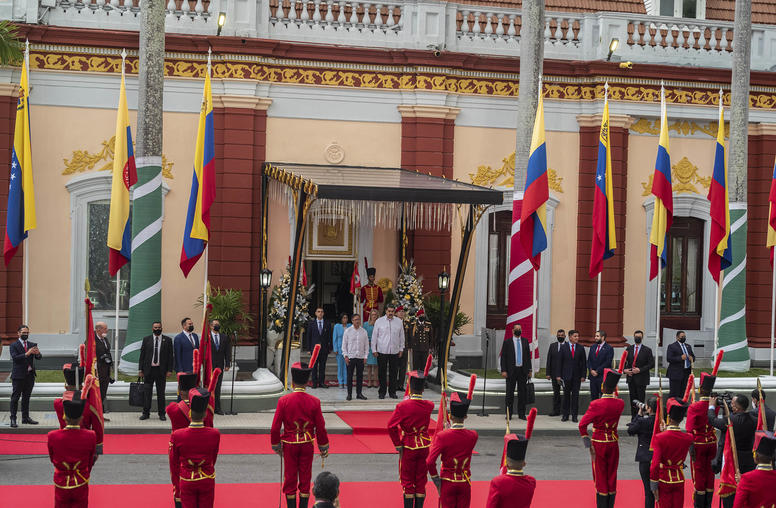
Six Ways to Help Sustain Venezuela’s Negotiations
At the end of last year, Venezuela’s opposition-controlled National Assembly voted to disband the “interim government,” led by Juan Guaidó, a four-year project designed to displace the country’s ruler, Nicolas Maduro. This comes amid a shifting regional landscape, with newly elected leftist governments in neighboring Brazil and Colombia supporting a negotiated solution to the conflict, and a more nuanced approach from many of the opposition’s traditional international supporters. The key to progress in the year ahead will be maintaining consistent negotiations, which remain the most efficient venue for key decisions, such as on elections, and engagement. There are several key ways to help nurture and sustain these talks, and to make them more impactful in achieving short-term improvements in the lives of the Venezuelan people.

Seis formas de ayudar a mantener las negociaciones en Venezuela
A fines del año pasado, la Asamblea Nacional de Venezuela, controlada por la oposición, votó a favor de disolver el “gobierno interino” encabezado por Juan Guaidó, un proyecto de cuatro años diseñado para sustituir al gobernante del país, Nicolás Maduro. Este voto se produce en medio de un panorama regional cambiante, con gobiernos de izquierda recién elegidos en los vecinos Brasil y Colombia que apoyan una solución negociada al conflicto y un enfoque más moderado por parte de muchos de los aliados tradicionales en el exterior de la oposición.